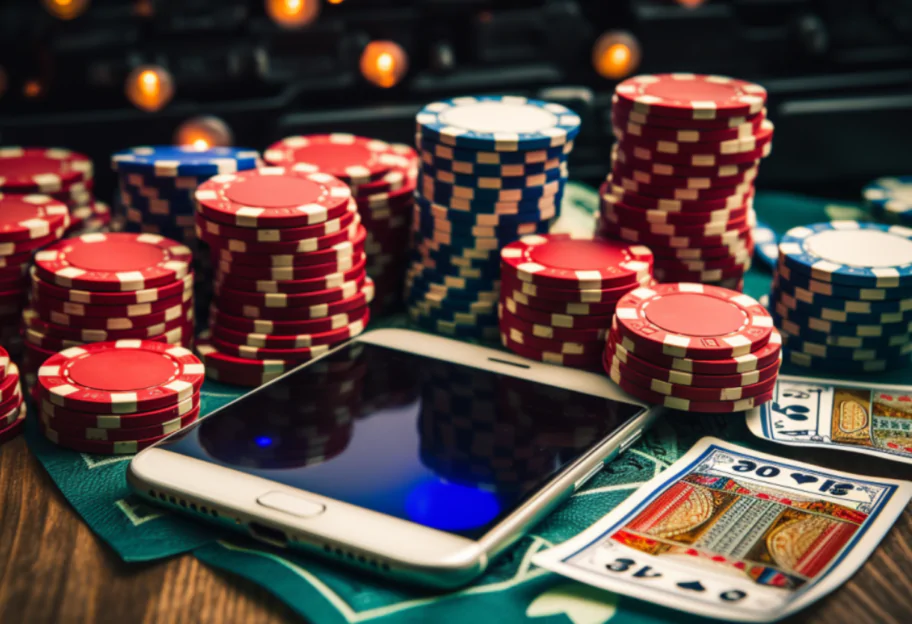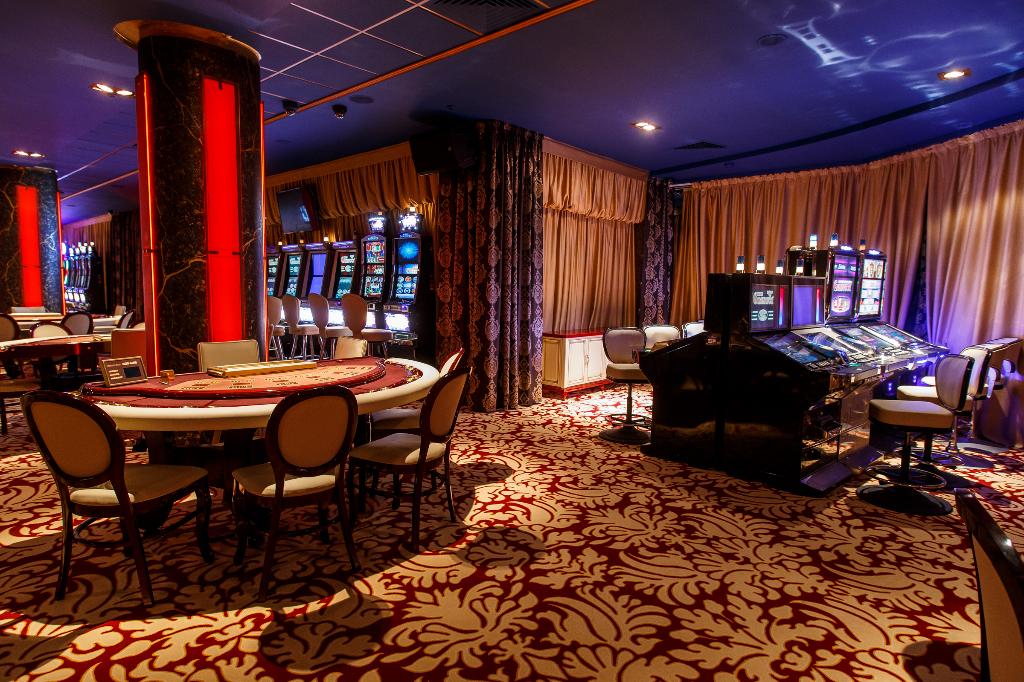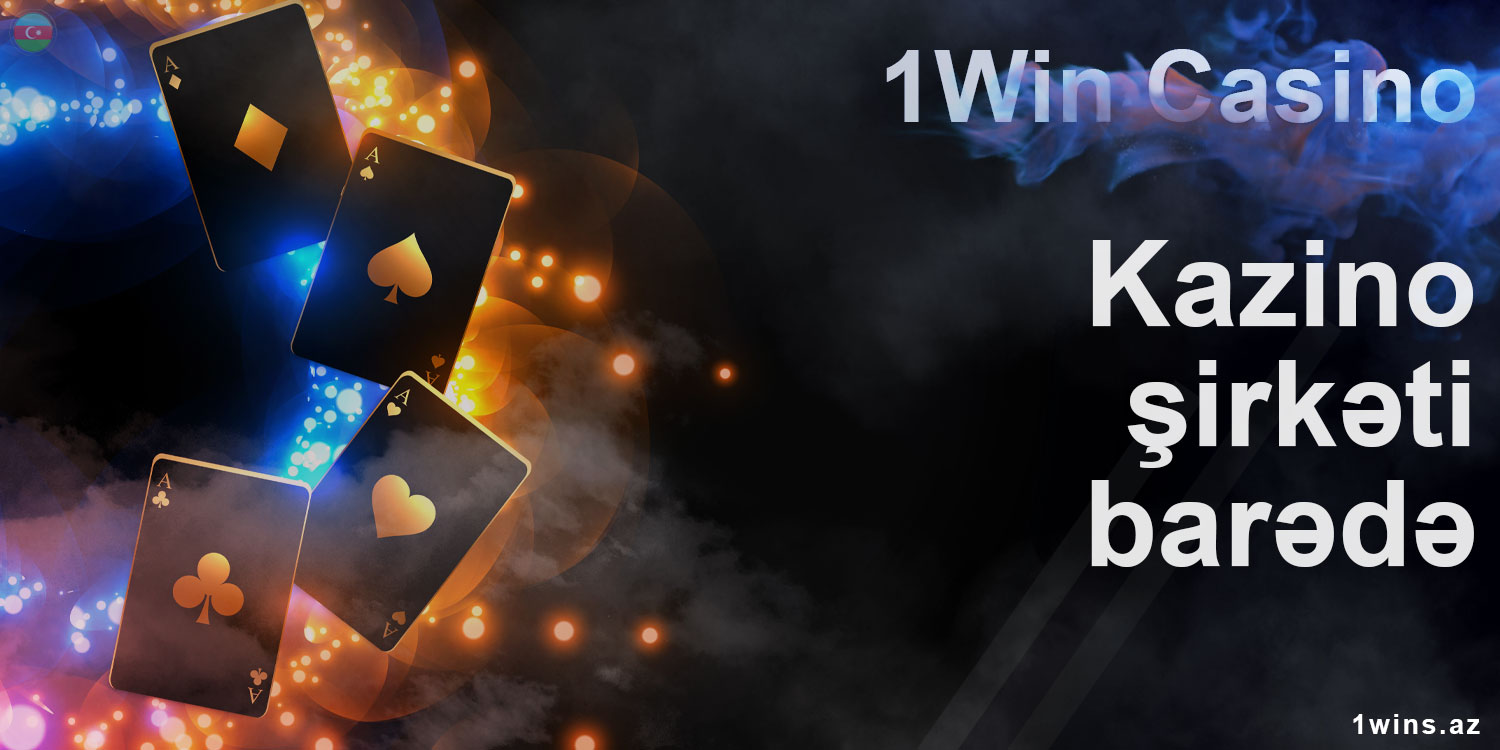Calculating Your Risk: Understanding the Odds in Casino Games
The House Edge: A Fundamental Concept
The house edge is a mathematical concept that every gambler should understand. It’s the built-in advantage that casinos have over players, ensuring they make a profit over time. The house edge varies across games and can range from less than 1% to over fortunenumbers-ka.com 30%. Familiarizing yourself with the house edge will help you make informed decisions about which games to play.
Understanding Volatility
Volatility refers to the fluctuations in results that occur when playing casino games. Games with high volatility offer big wins but infrequently, while those with low volatility provide smaller wins more frequently. Understanding volatility is essential for managing risk and setting realistic expectations.
Probability vs. Odds
Many players confuse probability and odds, using them interchangeably. However, they have distinct meanings:
- Probability refers to the likelihood of an event occurring (e.g., rolling a 6 on a die).
- Odds represent the ratio of favorable outcomes to unfavorable ones (e.g., winning or losing in a game).
Calculating Probabilities
Probability can be calculated using the formula: P = (Number of favorable outcomes) / (Total number of possible outcomes)
For example, when rolling two dice:
| Die 1 | Die 2 | Favorable Outcomes |
|---|---|---|
| 1 | 1 | 1 |
| 1 | 2 | 0 |
| … | … | … |
In this case, the probability of rolling a 7 is: P = (6 favorable outcomes) / (36 total possible outcomes) = 16.67%
The Importance of Bankroll Management
Bankroll management is crucial for responsible gaming. It involves setting aside a dedicated fund for gambling and sticking to it. A general rule of thumb is to allocate:
- 1% of your bankroll for high-risk games (e.g., slots, roulette).
- 5-10% for medium-risk games (e.g., blackjack, baccarat).
- 20-30% for low-risk games (e.g., video poker, Caribbean stud).
Expected Value: A Key Concept
Expected value (EV) is a measure of the average return on investment in a game. It’s calculated by multiplying the probability of winning by the payout and subtracting the cost to play:
EV = (P × Payout) – Cost
For example, if you bet $1 on a 50/50 coin toss with an even money payout:
| Outcome | Probability | EV |
|---|---|---|
| Win | 0.5 | $0.50 |
| Lose | 0.5 | -$1.00 |
In this case, the expected value is: EV = ($0.50 × 0.5) – $1.00 = -$0.25
Games with a Low House Edge
Some casino games offer a low house edge, making them more favorable for players:
| Game | House Edge |
|---|---|
| Blackjack (optimal strategy) | 0.28% |
| Craps (pass line bet) | 1.40% |
| Baccarat (banker bet) | 1.06% |
Games to Avoid
Some casino games have a high house edge, making them less attractive for players:
| Game | House Edge |
|---|---|
| American Roulette | 5.26% |
| European Roulette | 2.70% |
| Slot Machines (varies) | 5-15% |
Conclusion
Calculating your risk involves understanding the house edge, probability, and expected value in casino games. By making informed decisions based on these concepts, you can manage your bankroll more effectively and make more responsible choices at the table or slot machine.
Appendix: Additional Resources
- Online calculators for calculating probabilities and expected values.
- Articles and tutorials on optimal strategy for various casino games.
- Responsible gaming organizations and resources.











